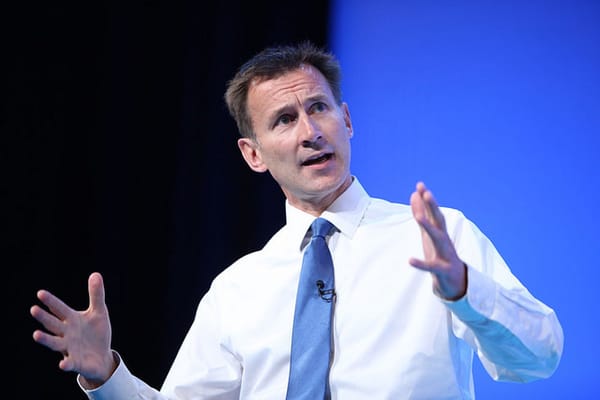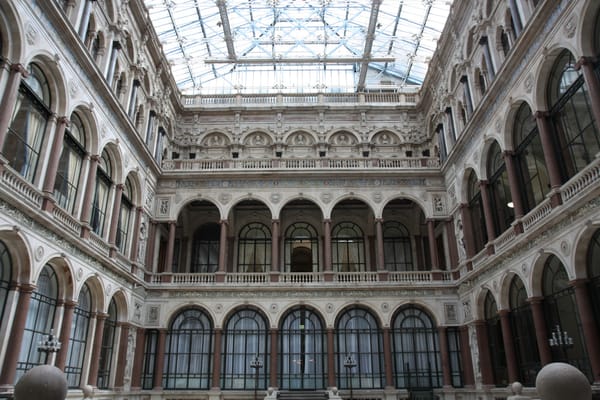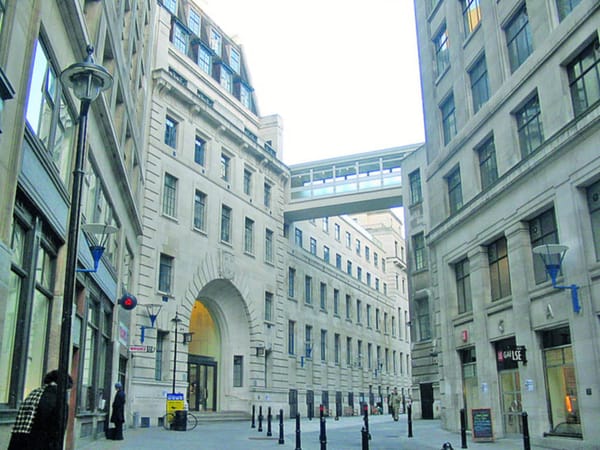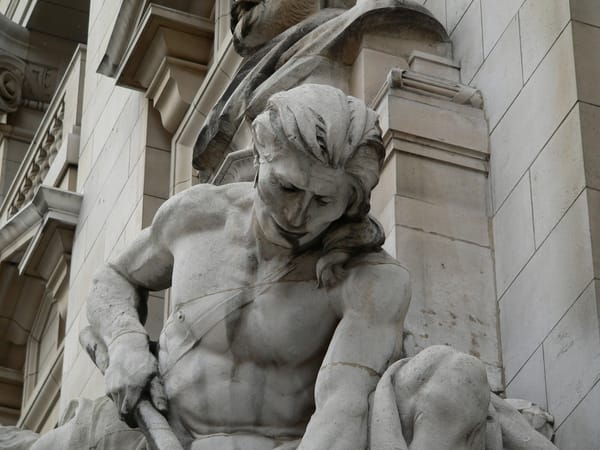Science Museum exhibition criticised
They’ve landed themselves in hot, oily water
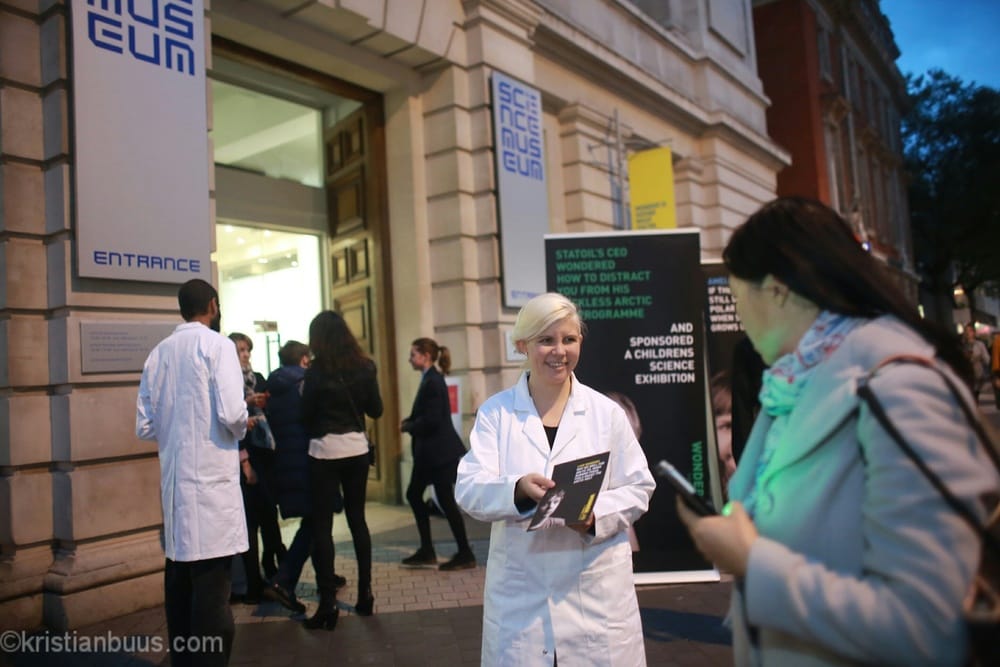
Over 50 academics and other campaigners, including two members of Imperial College’s Science Communication unit, have signed a letter this week calling for the Science Museum to end its deal with Statoil, a Norwegian oil and gas giant, as the headline sponsor of the new children’s exhibition, Wonderlab.
The letter argues that “It is unconscionable that in 2016 a museum of science is handing a fossil fuel company legitimacy by allowing it to sponsor a gallery designed to inspire the next generation.” Other major signatories include Caroline Lucas MP and Jonathan Bartley, co-leaders of the Green party, and Dr Stuart Parkinson, executive director of Scientists for Global Responsibility.
The £6 million Wonderlab gallery, which opened this Wednesday, combines interactive exhibits and live performances across seven zones. The opening of the exhibition was gatecrashed by a number of protest groups, unfurling a white carpet to represent the Arctic and pouring an oil-like substance over a model of a Statoil rig.
If there’s any hint that scientists, or science institutions, are in it for themselves, science communication is in immediate trouble
Preceding Monday’s letter in the Guardian, over 40,000 people signed an online petition started by Imperial PhD student Drew Pearce lobbying the museum to drop the gallery’s entrance fee and to end the sponsorship deal, claiming that “It is vital to make sure children from all backgrounds are inspired by to do science and that scientific education remains reflective of the scientific consensus and not what is in the interests of the sponsors.”
Speaking to felix, Dr. Stephen Webster, Director of Imperial College’s science communication unit, said that “[He understands] the Science Museum needs funds. But linking a childrens’ play space to an oil company? When above all we want our children to grow up in a safe and clean environment? I bet a popular place like Wonderlab could find a more acceptable sponsor.”
He also described how sponsorship and funding from oil and gas companies can affect science communication: “If there’s any hint that scientists, or science institutions, are in it for themselves, science communication is in immediate trouble. Research becomes viewed with suspicion and innovation is resisted. Science has to pick its way through a maze of ideals and financial need. If we keep too singular a gaze on money, and get lazy about ideals, we’ll soon be lost.”
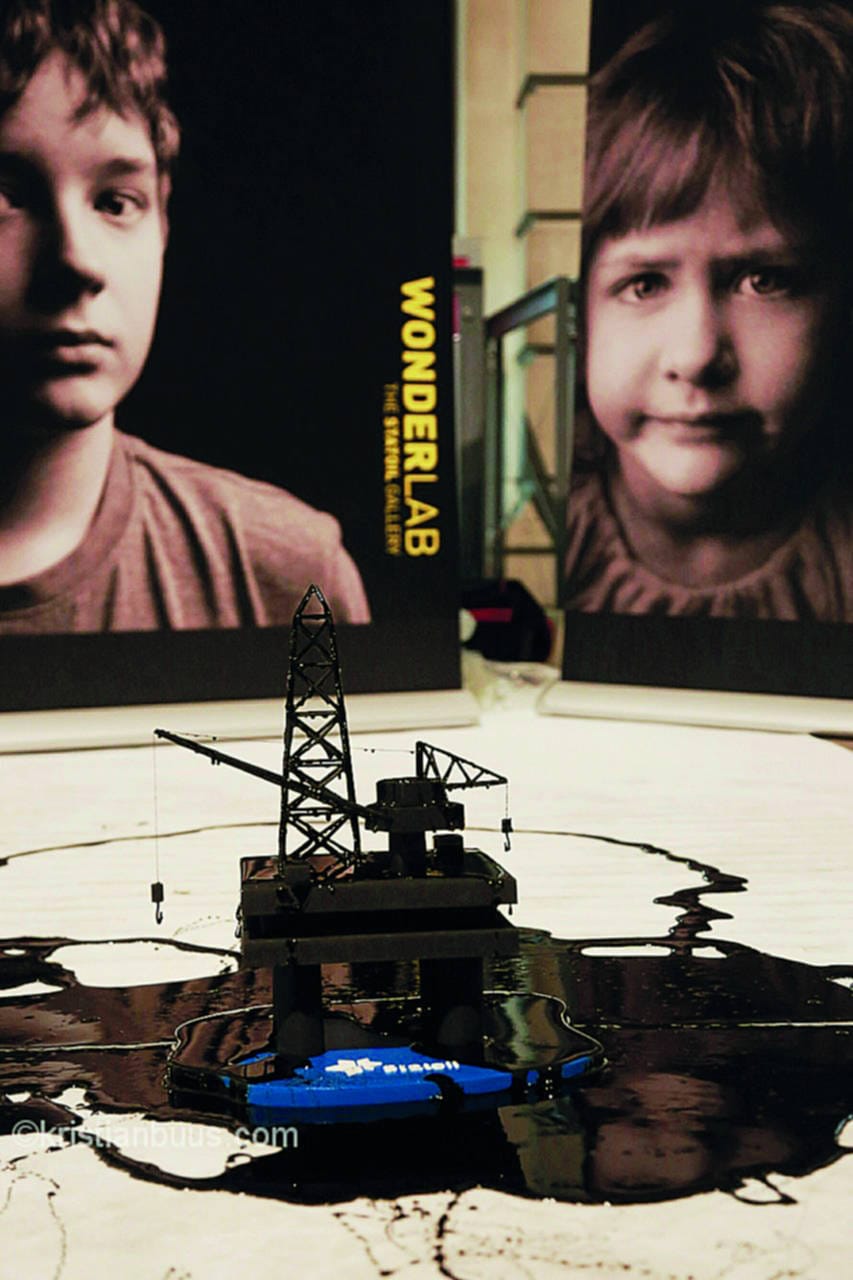
Controversy surrounding sponsorship is nothing new for the Science Museum; a deal with Shell ended in December of last year after the company provided funds for a climate-change exhibition, which internal documents show Shell had tried to influence. In February, BP sponsored a Cosmonaut Late at the museum which was met with a theatrical performance based protest.
Beyond the Science Museum, a number of campaign groups have been set up in recent years, including the Art Not Oil coalition involved in Tuesday evening’s protest. The group regularly stages performances at publicly funded institutions in attempt to engage with the public. Liberate Tate, a member of the coalition, claims that BP’s decision to end a sponsorship deal with the Tate in 2017 after 26 years, came as “the result of increasing public concern about climate change”, despite the firm blaming an “extremely challenging business environment.”
Sponsorship of high profile events and exhibitions is seen as part of a strategy by fossil fuel companies to obtain a “Social Licence to Operate”, a term coined by Canadian mining executive Jim Cooney in the 1990s, to describe the acceptance of activities within communities where ongoing extraction is occurring. London is often the focus of such efforts, particularly because of it’s close proximity to influential public figures.
Imperial’s ties with the fossil fuel industry have also come under scrutiny
Imperial’s ties with the fossil fuel industry have also come under scrutiny, with the Fossil Free Imperial campaign lobbying college to cut ties with the industry. In particular, the union supported campaign calls on Imperial’s Endowment Board to freeze and then remove its investments in oil and gas companies. Figures revealed by felix earlier this year showed that as of 31st of March 2016 the Imperial Endowment fund owned £1,047,744 worth of shares in Shell and £155,560 in mining firm Rio Tintos.
In reply, a College spokesperson said, “We recognise that fossil fuels contribute to greenhouse gas emissions and we work to mitigate their impact while seeking viable alternative sources of energy. We steward our endowment gifts carefully and believe that we can have the greatest impact on climate change by optimising these resources to invest in research and education”

